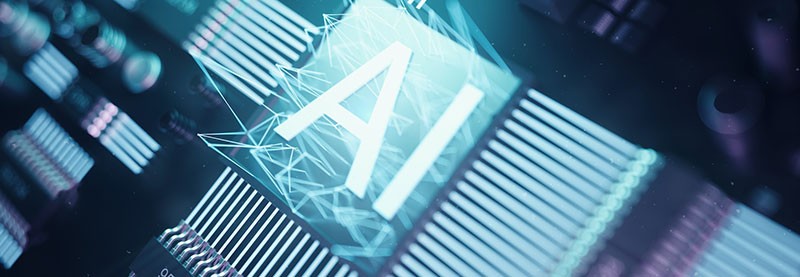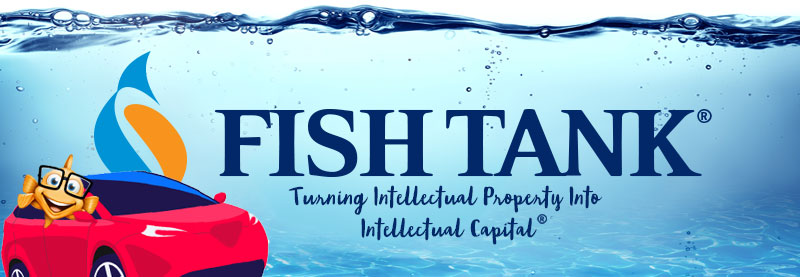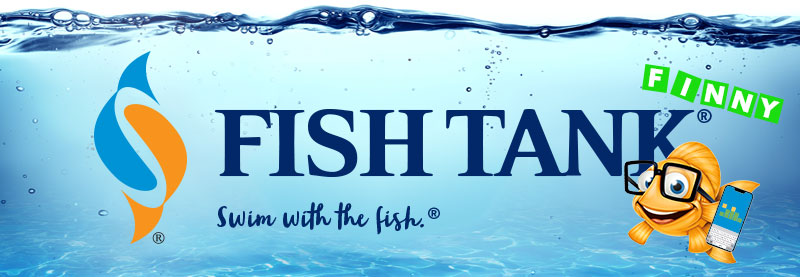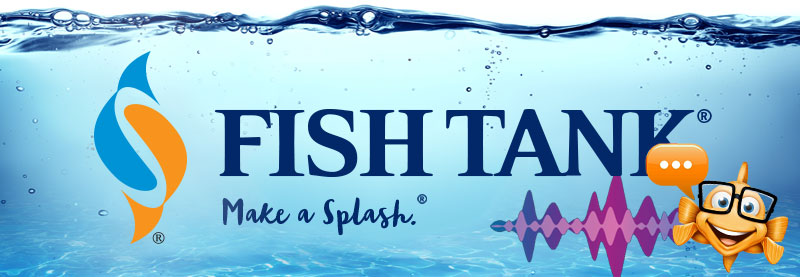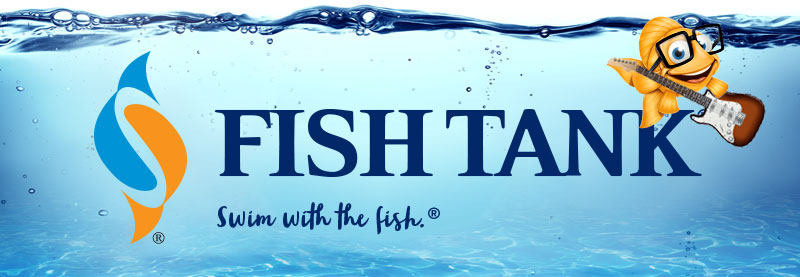Intellectual Property Insights from Fishman Stewart PLLC
Newsletter – Volume 23, Issue 18
Share on Social
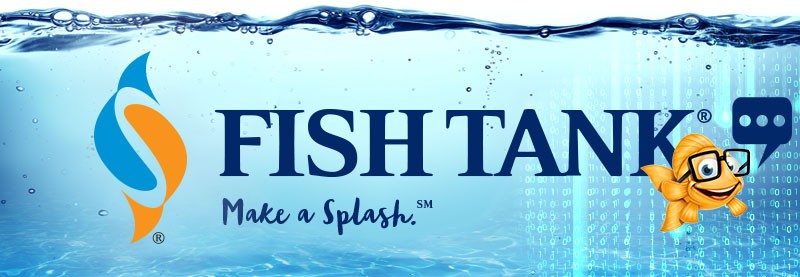
AI: Artificial Inventor? USPTO Reenters the Conversation
By Kameron F. Bonner
In a previous edition of Fish Tank, we discussed the advancement of artificial intelligence (AI) inventorship with an AI system called Device for the Autonomous Bootstrapping of Unified Sentience (DABUS) being declared a patent inventor in South Africa and Australia, despite the U.S. taking a different approach with a Federal Circuit Court in Thaler v. Vidal affirming the U.S. Patent and Trademark Office’s (USPTO) position that only natural persons (i.e., human beings) can be named inventors on U.S. Patents.
Now, the USPTO has re-entered the conversation, recognizing the significance of the Thaler decision and the uncertainty around AI contributions to inventions. In mid-February of 2023, the USPTO released a Request for Comments Regarding AI and Inventorship, which is part of a broader initiative to explore the role of AI in innovation as discussed in a recent Director’s Blog by Kathi Vidal, Director of the USPTO.
However, despite USPTO and Federal Circuit Court opinions suggesting that inventions made by human beings with the assistance of AI may be eligible for patent protection, there is still much uncertainty over just how much AI assistance is too much. As companies begin to take advantage of the unique efficiencies and benefits of AI, including the utilization of chatbots like ChatGPT and Bard, answering the questions surrounding inventorship for AI-created inventions only increases in importance. This is especially true for biotechnology and AI-developing companies.
In comments submitted to the USPTO by the Biotechnology Innovation Organization (BIO) and tech giant Microsoft, a common theme emerged which characterized AI as a “tool” that facilitates human invention-making and hence the use of AI should not outright preclude inventorship, which is a prerequisite to patentability. This approach treats AI as a human-directed tool, aiding the people using the AI systems, which is not fundamentally different from using other technical tools in the invention-creation process.
Whether the USPTO adopts this interpretation remains to be seen. The issue of inventorship for AI-created or AI-assisted inventions will have significant implications on the future of innovation and creativity for companies that develop and use AI technology. While the discussion around AI inventorship unfolds, companies should be aware of alternative ways to protect their AI-generated inventions, such as trade secrets.
Kameron is a partner and registered patent attorney at Fishman Stewart PLLC, specializing in Intellectual Property with ten (10) years of experience counseling clients on patent, trademark, and related contractual matters. Kameron’s practice encompasses all aspects of preparing, procuring, and enforcing worldwide IP rights. Check out his full bio here.
Related Content from Fishman Stewart
Car enthusiasts are buzzing about Alfa Romeo's latest SUV which is also its first EV (plus a hybrid option). Initially branded as “Milano,” the name was changed to "Junior" after it was announced that the car would be produced in Poland.
The online word game Wordle was created in 2021 by Josh Wardle and quickly rose in popularity. Players receive a new puzzle daily with six chances to correctly guess a five-letter word of the day with limited clues.
In a recent decision, the U.S. Court of Appeal for the Eighth Circuit affirmed a jury verdict holding that the use of the "Success Kid" meme by a congressman's reelection campaign for fundraising purposes did not qualify as fair use.
In February 2024, proposed legislation was introduced in US House of Representatives which would extend copyright protection to golf courses. The bill is titled “Bolstering Intellectual Rights against Digital Infringement Enhancement Act” or the “BIRDIE Act”.
OpenAI recently held a live demonstration of a new ChatGPT version that included the use of an AI personal assistant voice dubbed “Sky.” Many observers compared Sky to Scarlett Johansson’s voice in the 2013 Spike Jonze romantic sci-fi film “Her,” which centers on a man who falls in love with the female voice of his computer’s operating system.
June is Pride Month, which honors the 1969 Stonewall Uprising in Manhattan and recognizes the impact that lesbian, gay, bisexual, and transgender (LGBTQ+) individuals have had on history locally, nationally, and internationally. The United States Patent and Trademark Office flies the Pride Flag and promotes the Pride community’s contributions with programming offered annually.
First-time inventions have led inventors to great successes throughout history, sometimes immediately, sometimes after several more attempts at more useful inventions. In the U.S., two very famous inventors with contrasting first-time experiences are Thomas Edison and Alexander Graham Bell.
June is Pride Month. This year we are celebrating with some IP tips for drag performers! Drag performers can protect their intellectual property by registering the copyrights in their original works of music, choreography, and comedy sketches.
Bands often start out as creative endeavors among friends, and bands may not prove lucrative for many years, if at all. Until bands break up, thought and planning may not be given to who is the owner of the band names and entitled to use them going forward.
You’re rarely more than a few yards from Finny’s favorite chips, semiconductor chips to be precise. But what exactly is a semiconductor chip?
IDENTIFYING, SECURING AND ADVANCING CREATIVITY®


